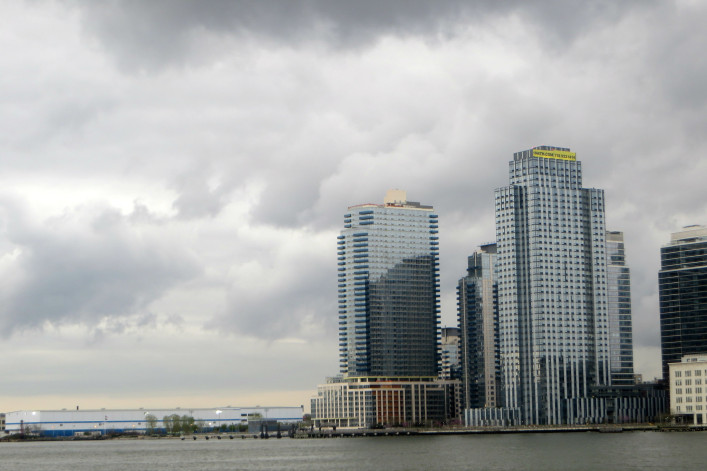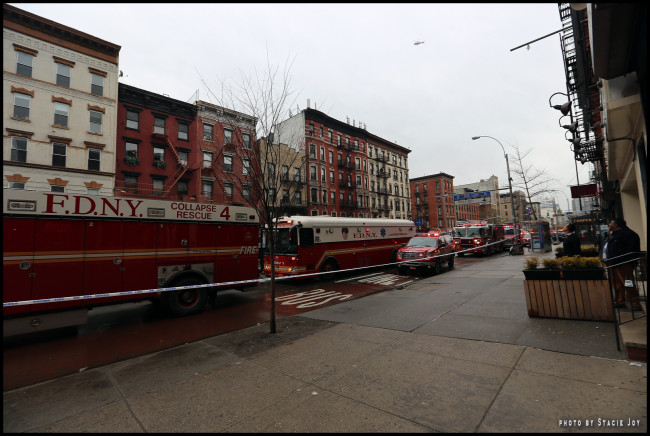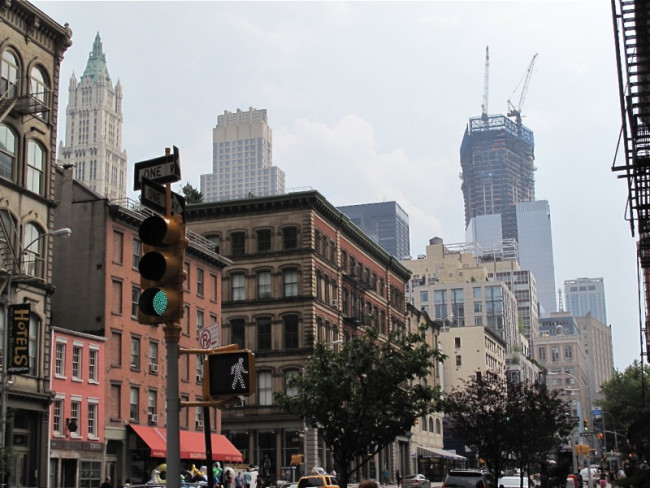The new development I'm renting in had the gas turned off. What do I do?

You may be entitled to break your lease—but first, reach out to your landlord.
I'm moving into an apartment in a new construction and learned today that the gas was cut off while the building was being renovated. On top of that, I checked the DOB website and couldn't find a current certificate of occupancy. What are the rules around not providing gas? Can I withhold rent? And should I be concerned about the certificate of occupancy?
Both these issues, if unresolved, constitute violations, but it's probably premature to take drastic action at this point, our experts say.
Given that the building you're renting in has undergone major construction, it may be that the city is exercising caution in checking the gas lines before tenants move in.
"The city sometimes shuts off the gas to check the gas lines without any specific reason, but just a suspicion," says Deanna Kory, a broker with Corcoran. "So it could take a while, depending on the number of gas lines in the building."
Given the fires and gas explosions of recent years, the gas utilities are exercising extreme caution when there is a suspected leak, and will test entire buildings before turning the gas back on.
Sometimes, tenants end up without gas for many months at a stretch. This violates the city's warranty of habitability, which requires landlords to provide gas, and could mean you're entitled to a rent abatement.
"Write to the landlord and advise them that the failure to provide gas to the apartment will be a breach of the warranty of habitability," says Jeffrey Reich, a partner at Schwartz Sladkus Reich Greenberg Atlas. "Tell the landlord that you want to either be let out of the lease and have all deposits refunded, or to have the lease amended to reflect a downward adjustment to the rent until gas service is restored."
Rent abatements are the norm when the gas is off for a prolonged period of time. Sometimes, landlords will even offer abatements voluntarily. But if they don't, you and your neighbors can take action.
"The going rate for rent abatement seems to be between 10 and 20 percent," says says Sam Himmelstein, a lawyer who represents residential and commercial tenants and tenant associations (and a Brick sponsor). "You can bring them into court on an HP case. You're better off doing this as a tenants association. If you get a judge to issue a court order to get the gas back on, that usually speeds things up."
As for the certificate of occupancy question, all new buildings require one, and all existing buildings that undergo changes to their layout or use must have their existing certificate updated.
Department of Building records show that your landlord did make significant changes to the building's use, so a new certificate is needed.
"Keep in mind that applying for a new certificate of occupancy and having one are two different things. New York’s multiple dwelling law requires that there be a certificate of occupancy for the building and right now, technically there is none," says Steven Wagner, partner at Wagner Berkow (a Brick sponsor). "The penalty for this is that the landlord cannot collect rent or prosecute summary proceedings against you until a certificate of occupancy is obtained."
In other words, given that your building currently does not have gas, nor does it have a current certificate of occupancy, you have grounds to withhold rent payments. But before you begin doing so, reach out to your landlord to find out what's going on, as it may not be beneficial to you to start your lease in conflict with him or her.
"I would ask the landlord to explain what is happening with the gas and certificate of occupancy," Wagner says. "According to DOB records, the landlord spent nearly $900,000 on renovations. It is unlikely that he or she will forget about the certificate of occupancy, or ignore that the building has no gas. It is not recommended that you go to war at the beginning of your relationship with the landlord."
But, he adds, if these problems persist, you may want to reconsider.
Trouble at home? Get your NYC apartment-dweller questions answered by an expert! Send us your questions [email protected].
For more Ask an Expert questions and answers, click here.
You Might Also Like





























